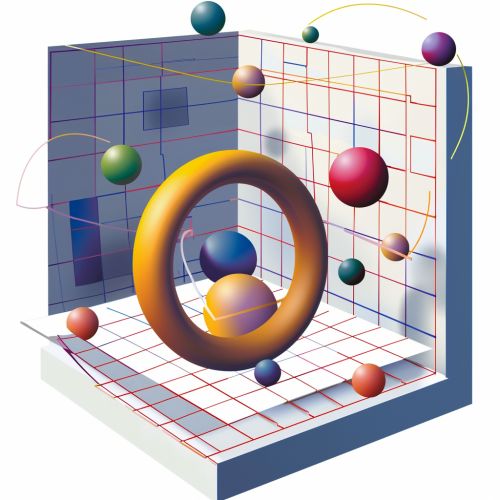Leonid Khachiyan
Early Life and Education
Leonid Khachiyan was born on May 3, 1952, in Leningrad, Soviet Union (now Saint Petersburg, Russia). He showed an early aptitude for mathematics, which led him to pursue a degree in the field. Khachiyan attended the Leningrad State University, where he studied under the guidance of notable mathematicians and developed a strong foundation in theoretical mathematics and computer science.
Academic Career
After completing his undergraduate studies, Khachiyan continued his education at the Leningrad State University, earning a Ph.D. in mathematics. His doctoral thesis focused on the development of algorithms for solving linear programming problems, which would later become a cornerstone of his career.
In 1979, Khachiyan made a groundbreaking contribution to the field of operations research by introducing the ellipsoid algorithm, which provided a polynomial-time solution to linear programming problems. This work was published in the Soviet journal "Doklady Akademii Nauk SSSR" and quickly gained international recognition.
The Ellipsoid Algorithm
The ellipsoid algorithm is a pivotal development in the field of linear programming. Prior to Khachiyan's work, the simplex method, developed by George Dantzig, was the most widely used algorithm for solving linear programming problems. However, the simplex method did not have a polynomial-time complexity, which meant that its worst-case performance could be very poor.
Khachiyan's ellipsoid algorithm, on the other hand, was the first to demonstrate that linear programming problems could be solved in polynomial time. The algorithm works by iteratively refining an ellipsoid that contains the feasible region of the linear program until it converges to an optimal solution. This breakthrough had significant implications for computational complexity theory and optimization.


Impact and Legacy
Khachiyan's work on the ellipsoid algorithm had a profound impact on the fields of optimization and computational complexity. It provided a new theoretical foundation for understanding the complexity of linear programming and inspired subsequent research in the area. The algorithm also influenced the development of interior-point methods, which are now widely used in practice for solving large-scale linear and nonlinear programming problems.
In addition to his work on the ellipsoid algorithm, Khachiyan made significant contributions to other areas of mathematics and computer science. He published numerous papers on topics such as combinatorial optimization, algorithmic game theory, and numerical analysis.
Later Years and Death
In the later years of his career, Khachiyan continued to be an active researcher and educator. He held academic positions at various institutions, including Rutgers University in the United States, where he served as a professor of computer science. His work continued to influence new generations of researchers and practitioners in the fields of mathematics and computer science.
Leonid Khachiyan passed away on April 29, 2005, leaving behind a legacy of groundbreaking contributions to the field of optimization and computational complexity.
See Also
- Operations Research
- Linear Programming
- Computational Complexity Theory
- Combinatorial Optimization
- Algorithmic Game Theory
- Numerical Analysis
